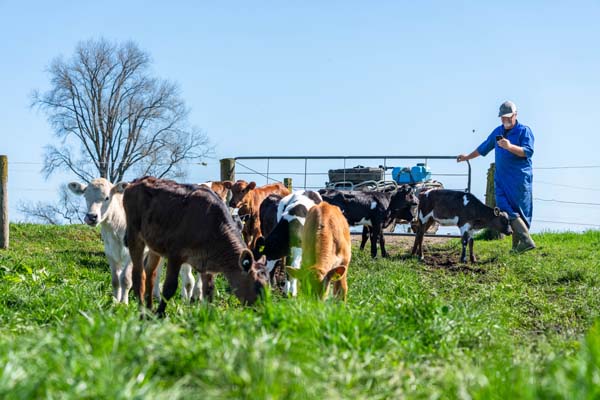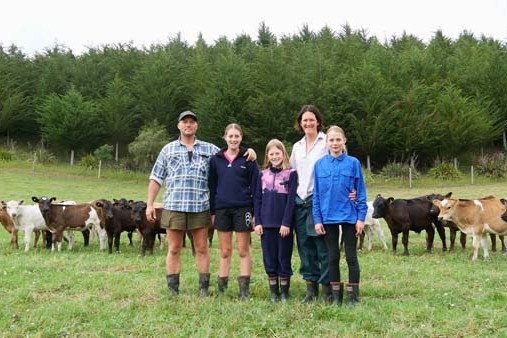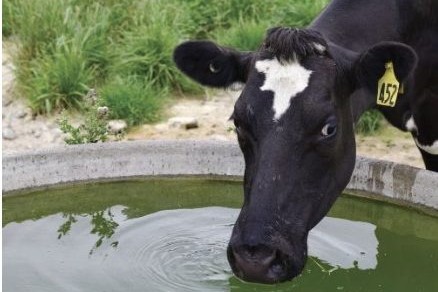A world first ‘direct-to-satellite’ smart ear tag is entering a large-scale trial phase later this year in several countries, including New Zealand.
The Ceres Tag has the capability to send individual animal data direct to farmers’ computers, smartphones and other devices via satellite, eliminating double-handling and the challenge of compiling data from multiple sources into a single database for management, compliance and traceability purposes.
Ceres Tag chief operating officer Lewis Frost says the tag has been in development in Australia since 2016 and pre-orders are now in place for more than 3000 to be manufactured using new high-volume tooling before full production begins later this year.
Each tag is powered by a tiny solar panel which powers a battery that lasts 10 years. Inside each tag is a GPS tracking the animal’s location, an RFID chip which is accredited with NAIT for traceability requirements, and an accelerometer which detects movement to pinpoint issues such as ill health or lameness, plus a temperature sensor which detects oestrus or ill health.
The tags can transmit data direct to other tags, smartphones or data collection devices like walk-over weigh scales.
The developers have also come up with a unique tag retention system that is claimed to require only a third the force of other tags to apply to the animal’s ear, but five times the force to remove it compared to other tags.
Tags can also be set to flash an alert if an animal is producing data outside a pre-determined range, or to identify a group of animals within a larger mob which need to be drafted off for treatment or movement.
Frost was reluctant to put a price on the Ceres Tag until the latest phase of production trials had been completed.
Ceres Tag also announced last month that new partnerships have been formalised with two New Zealand ag tech partners, AsureQuality and Precision Farming Ltd, to provide on-farm and post-farm development and support.




